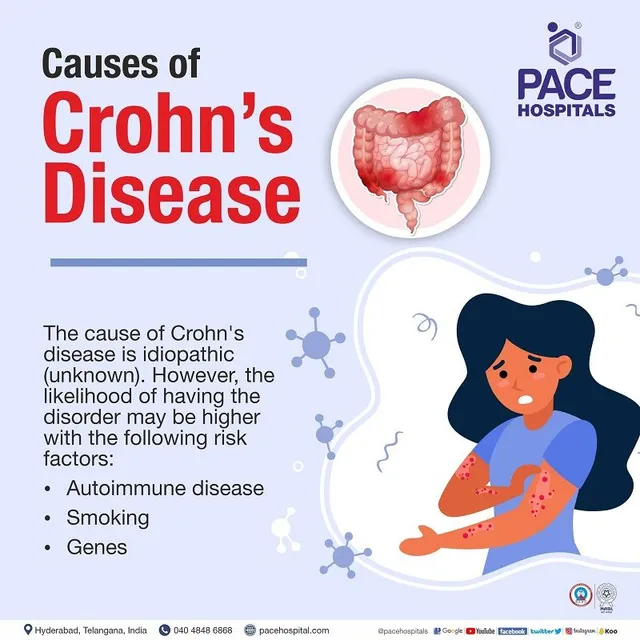
Skin Allergies in Children
The skin is the outermost layer covering the human body, protecting it from germs and pathogens in the external environment. The skin can be affected by many diseases and health problems that manifest as unsightly and sometimes painful signs. One such skin problem is allergies.
An allergy is a reaction by the immune system to certain substances a child is exposed to. The immune system produces chemicals that cause the allergic reaction and its symptoms in an attempt to eliminate the exposed substances.
Causes of Skin Allergies in Children
Genetic factors increase a child’s susceptibility to skin allergies triggered by external factors.
Consuming certain foods containing substances the body cannot tolerate.
Exposure to weather conditions, such as extreme heat, cold, or high humidity.
Being exposed to secondhand smoke.
Psychological problems in the child.
Exposure to certain chemicals, such as cleaning products.
Contact with certain animals, such as cat hair or sheep’s wool. Swimming in polluted or hot water.
Dressing the child in more clothes than necessary.
Contracting certain illnesses that cause allergies as a side effect, such as rubella.
Contracting certain skin conditions, such as eczema.
Treating Skin Allergies in Children
Parents should first take their child to a doctor for an examination to determine the underlying cause of the allergy. The doctor will conduct the necessary tests to rule out any medical conditions and identify the specific type of allergy. If the child has an underlying health problem, the doctor will prescribe appropriate treatment for the cause, along with skin care recommendations. These recommendations include:
Avoiding the primary cause of the allergy and anything that irritates the skin.
Keeping the skin moisturized regularly and preventing dryness by applying petroleum jelly.
Not overdressing the child, especially in hot weather, to avoid excessive sweating.
Purchasing healthy cotton clothing for the child and avoiding nylon and wool. Avoid placing the baby’s head on a nylon pillow.
Rinse the baby’s clothes thoroughly when washing them with chemicals.
Do not apply perfume to the baby’s skin.
Provide the baby with ample affection to alleviate their anxiety.
The doctor may prescribe medications and ointments to help relieve the allergy and reduce skin itching.




